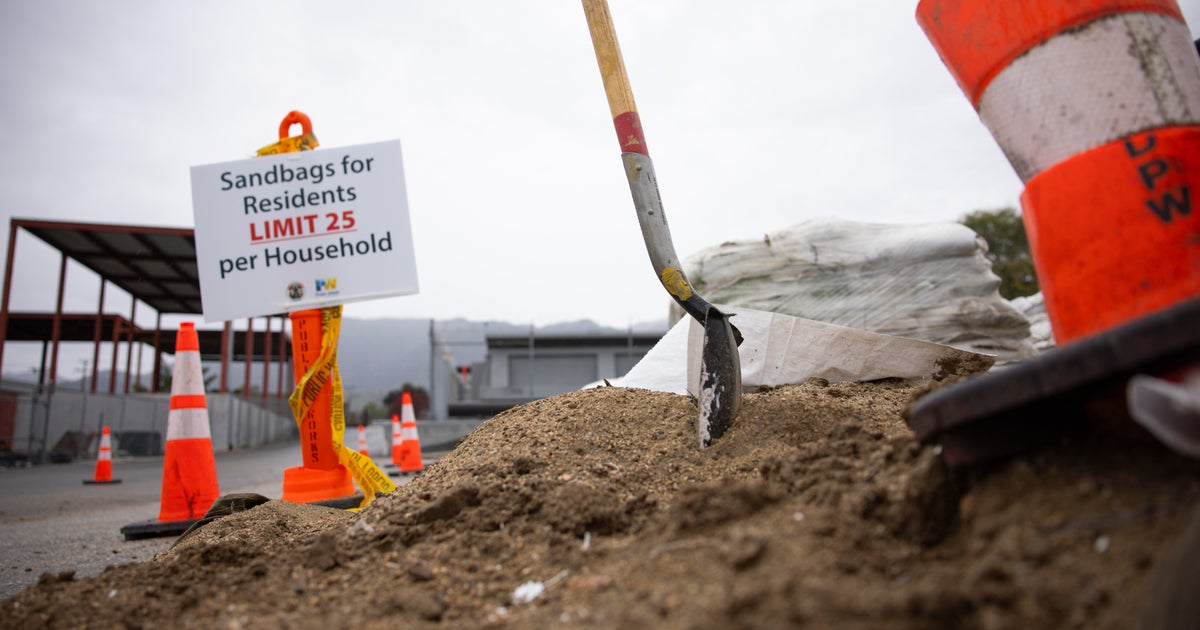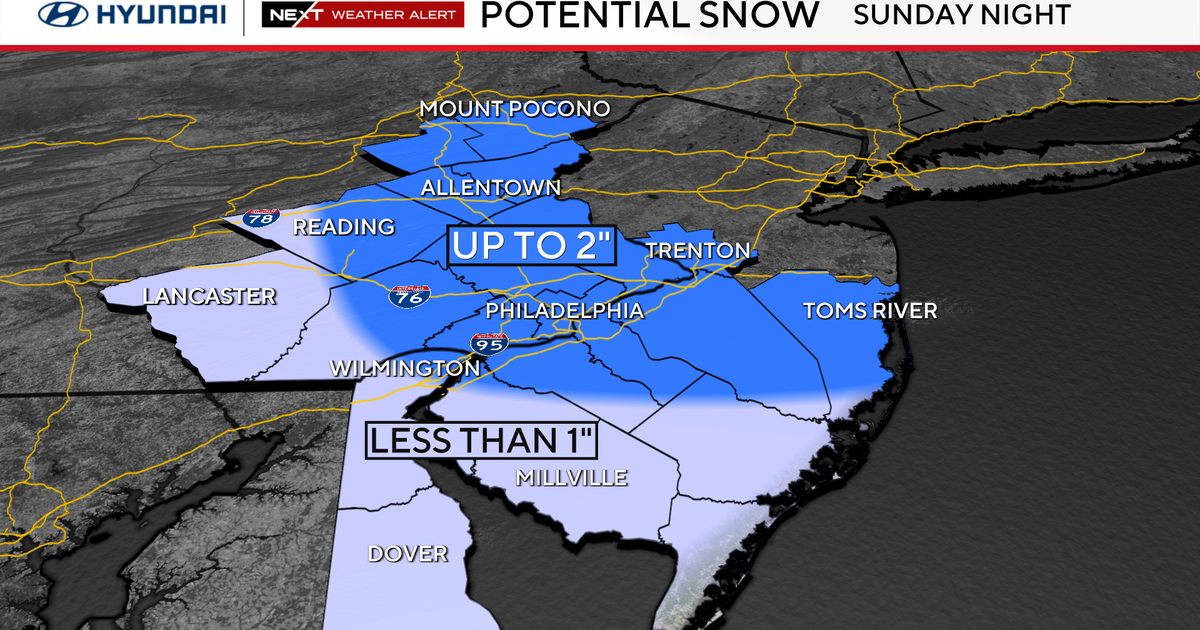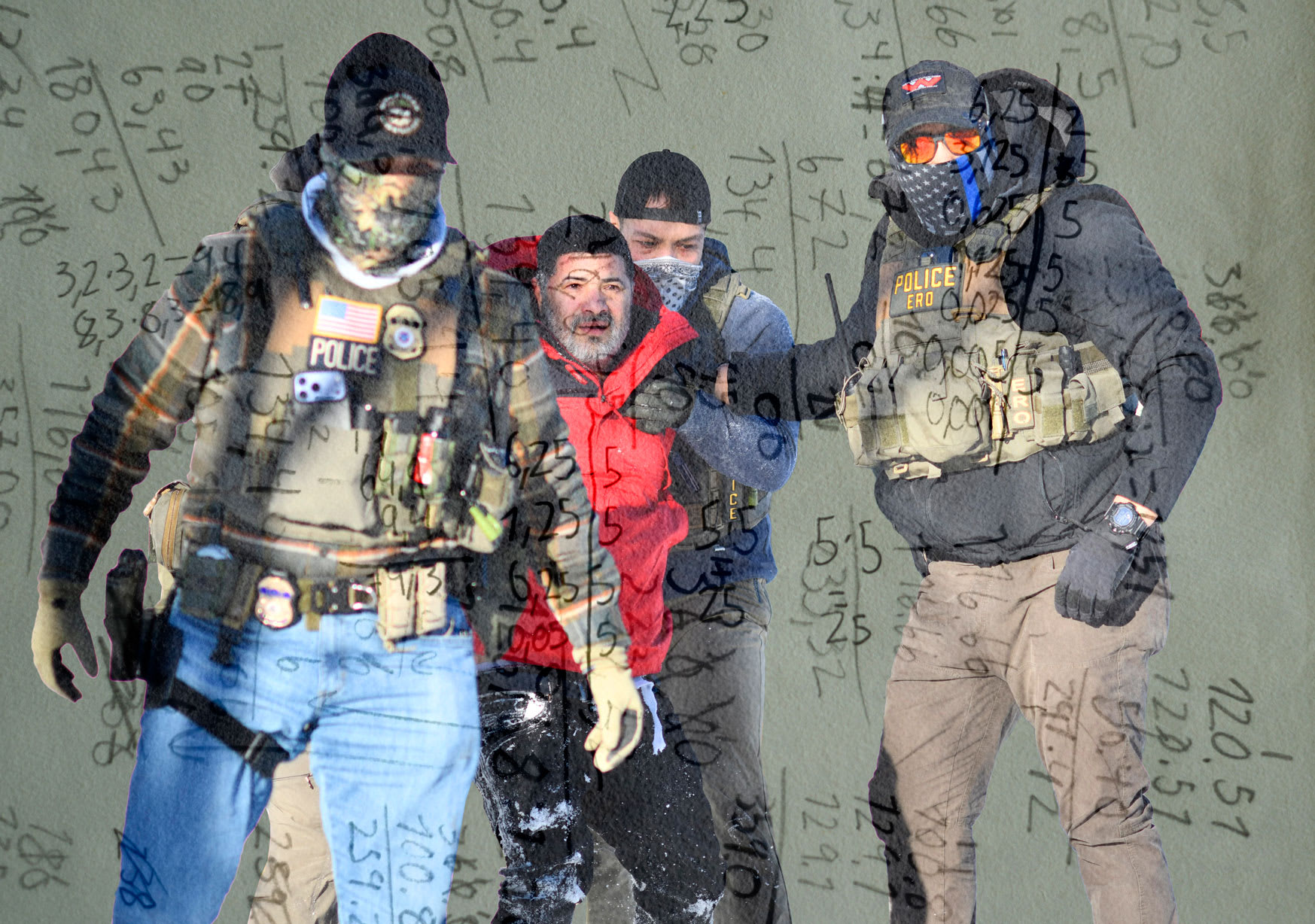Michio Kaku says Harvey "agony" has only begun
Hurricane Harvey slammed into the Texas coastline late Friday night as a Category 4 storm, bringing with it damaging winds and torrential downpours. Hundreds of miles of the state's coastline braced for what forecasters predicted would be catastrophic flooding and life-threatening storm surges.
The storm was downgraded to a tropical storm Friday afternoon.
CBS News science contributor Michio Kaku joined "CBS This Morning: Saturday" to discuss the science behind what causes storms like Harvey to form, what damage is still to come as the storm slowly moves across Texas and how dangerous storm surges happen.
"If it lingers over the land it could cause massive flooding. Then, watch out, if it goes back into the Gulf it could get re-energized and create a second, even a third landfall. So the agony has just begun with this hurricane of the decade," Kaku said.
Hurricanes, fueled by warm waters, tend to gain a lot of strength over places like the Gulf of Mexico.
"A hurricane is sort of like a bowling ball. They form off the coast of Africa as a small breeze and then they gather energy as they go toward warm water across the Atlantic," Kaku said. "This hurricane went right into the Gulf."
The National Oceanic and Atmospheric Administration forecast predicted there would be 11 to 17 named storms and two to four "major" hurricanes this year -- an above normal season for the Atlantic.
"The Gulf of Mexico is two degrees warmer than normal and that has set off alarm bells in Washington. Just last month, the government issued a warning stating that because of the warm waters of the Gulf of Mexico this hurricane season -- which goes on until the end of November -- could be one of the worst in memory. So, watch out, there could be more monster hurricanes to come," he said.
Storm surges caused by Harvey were of particular concern for forecasters who said they pose a grave risk for those in the storm's path.
"Storm surges could be 12, 13 feet tall and as the waves that are whipped around at 130 mph, sometimes they get bunched up as they go toward land and that's when you get these huge monster waves hitting the coast," Kaku said.
While Kaku doesn't believe the damage done by Harvey will be as costly as Hurricanes Katrina or Sandy, he does believe it could be "among the top 10."
"It's stationary right now, it could cause a tremendous amount of flooding, blackouts, evacuations and it could get re-energized again so we're just seeing beginning of the agony," he warned.



